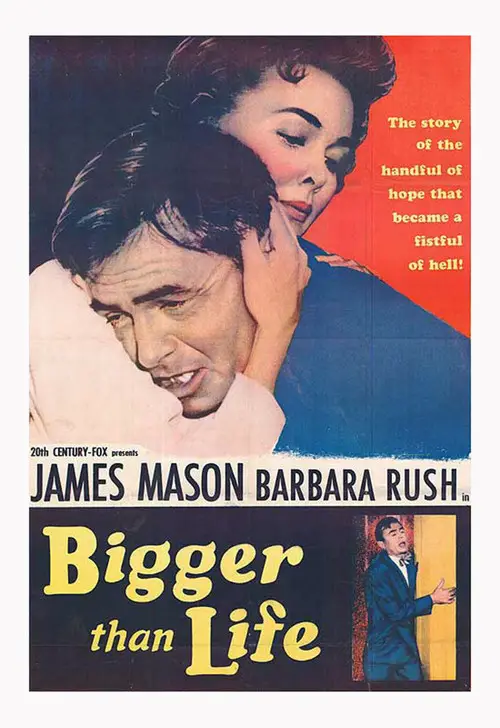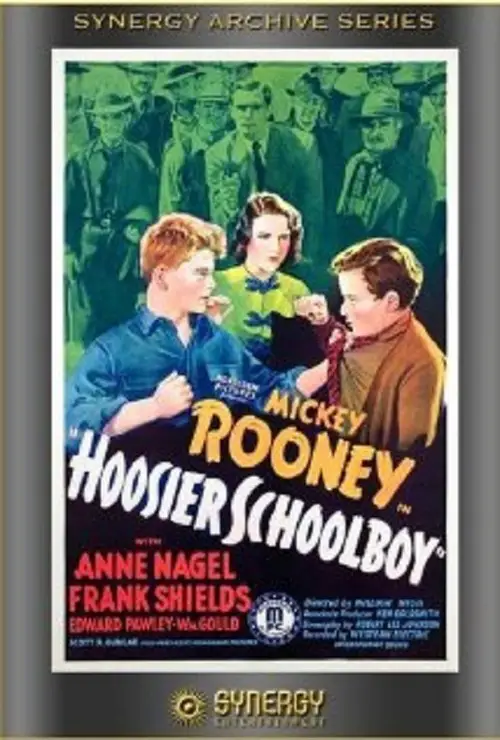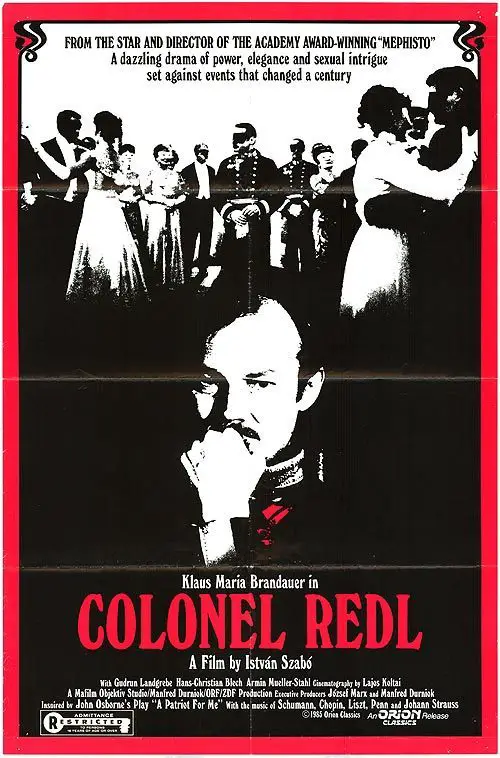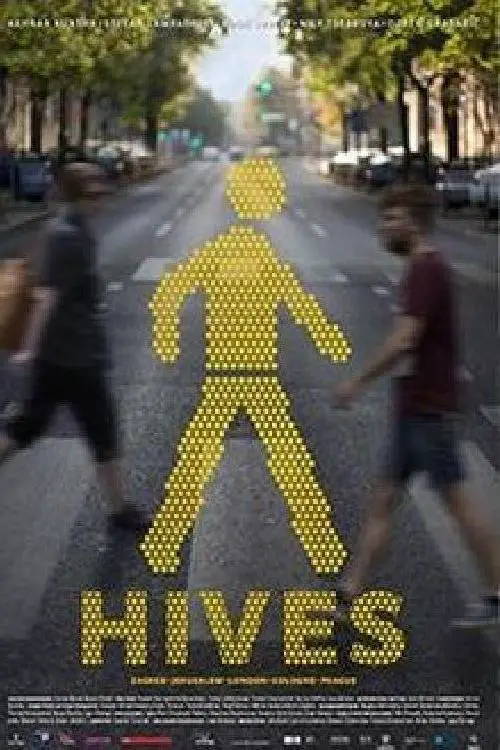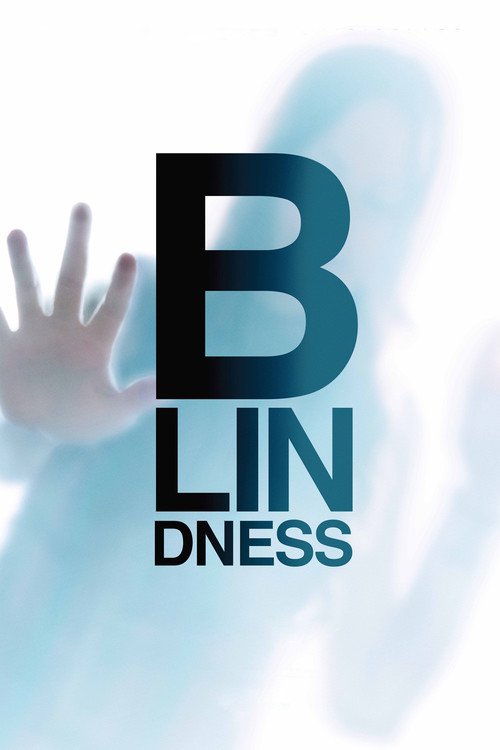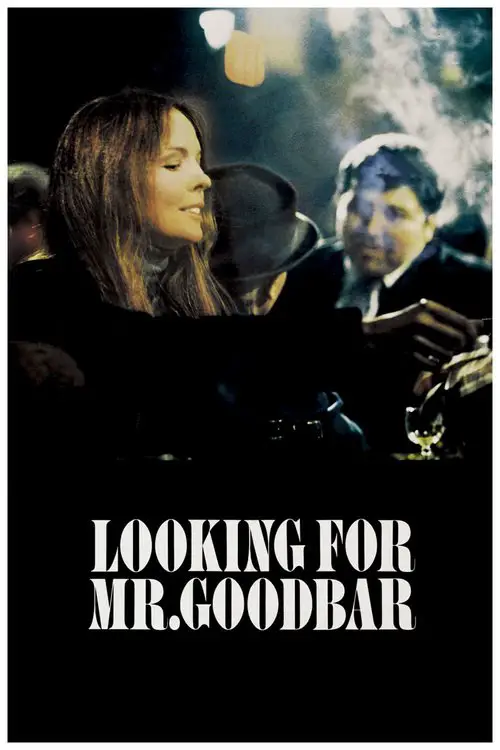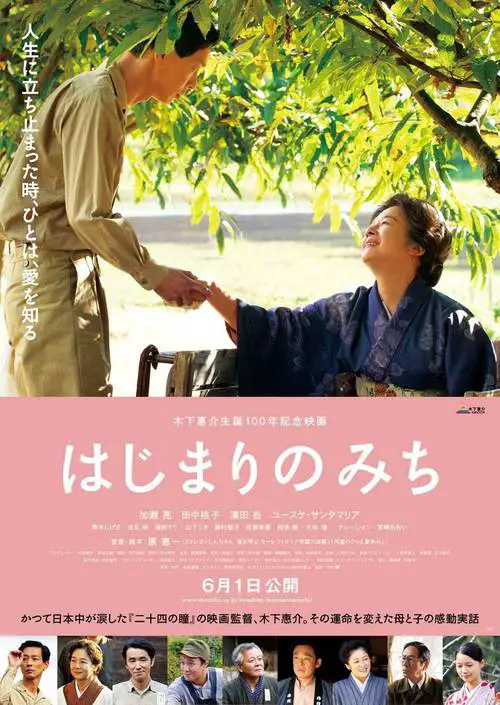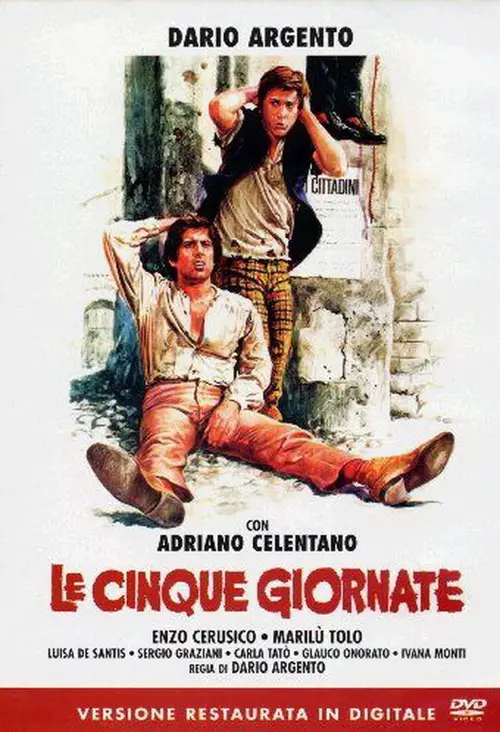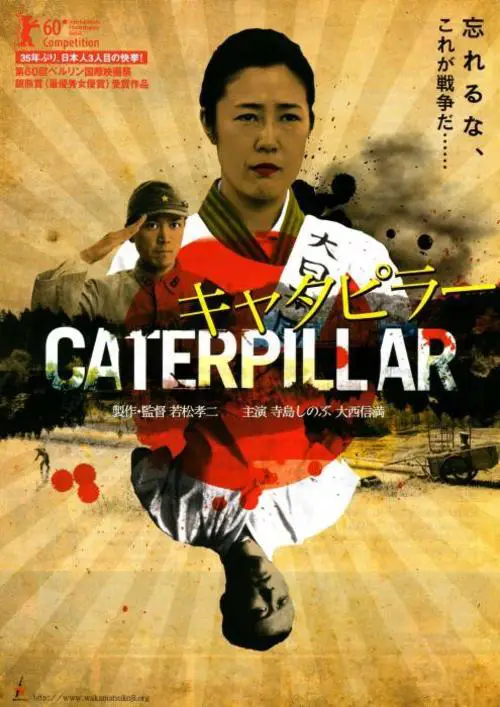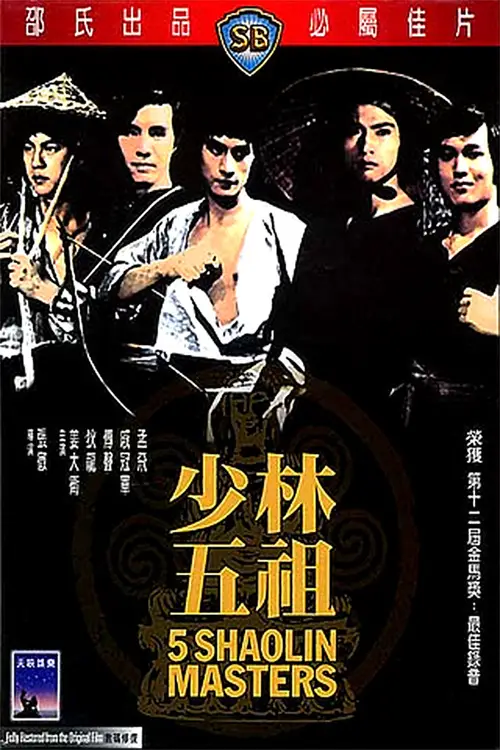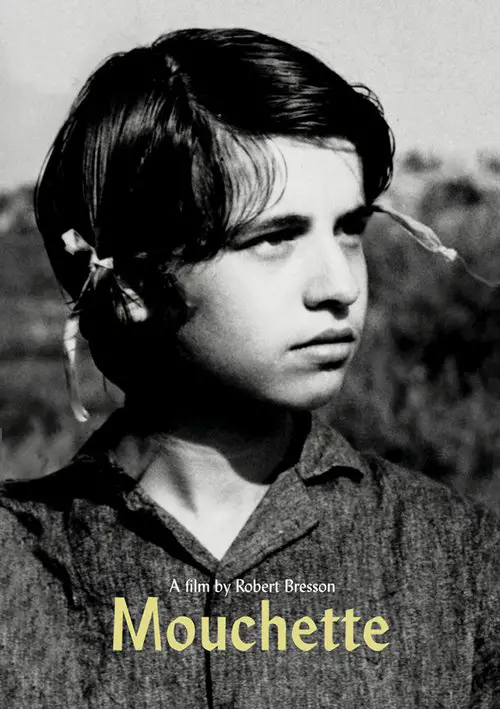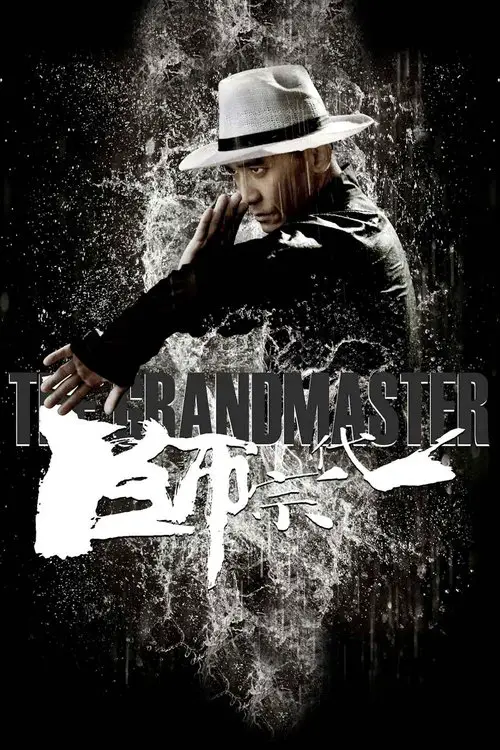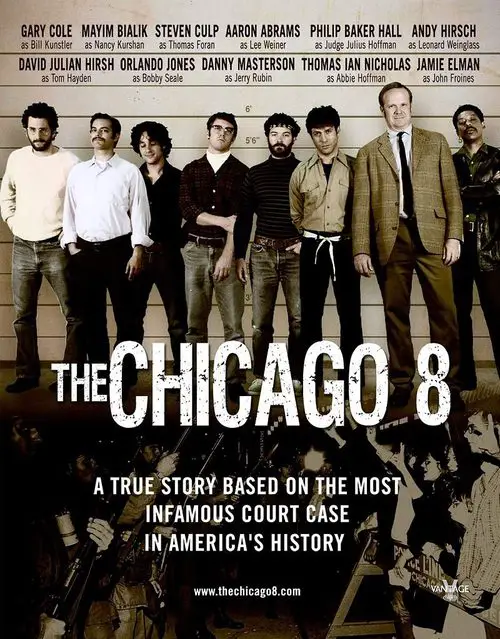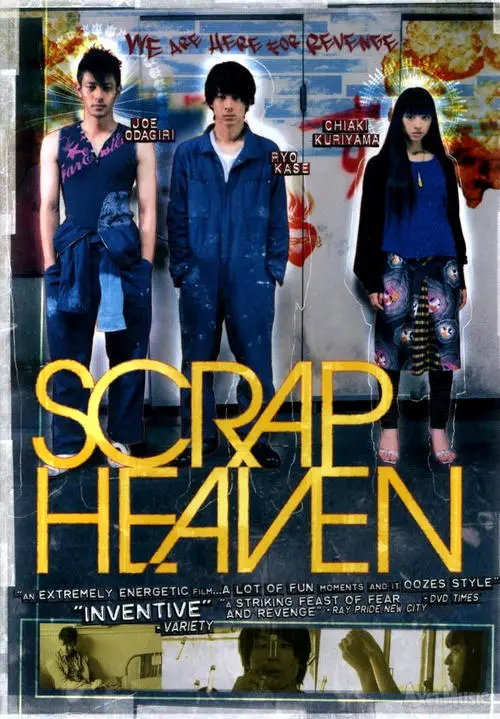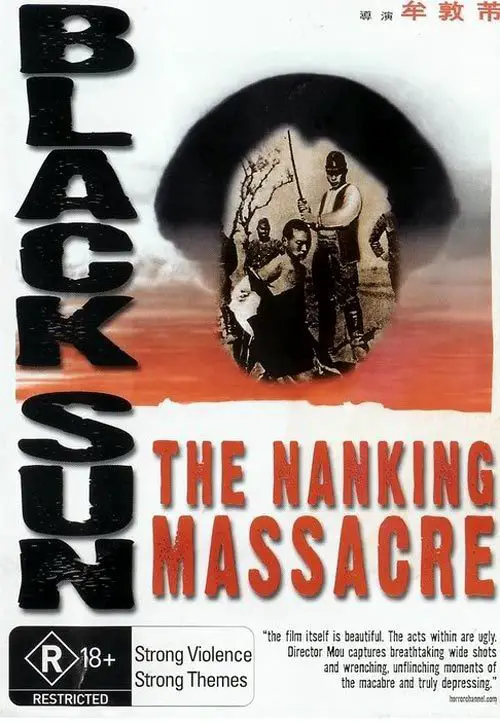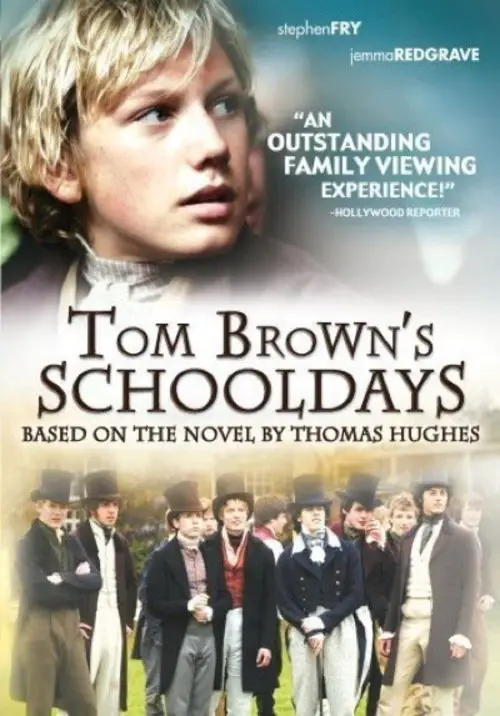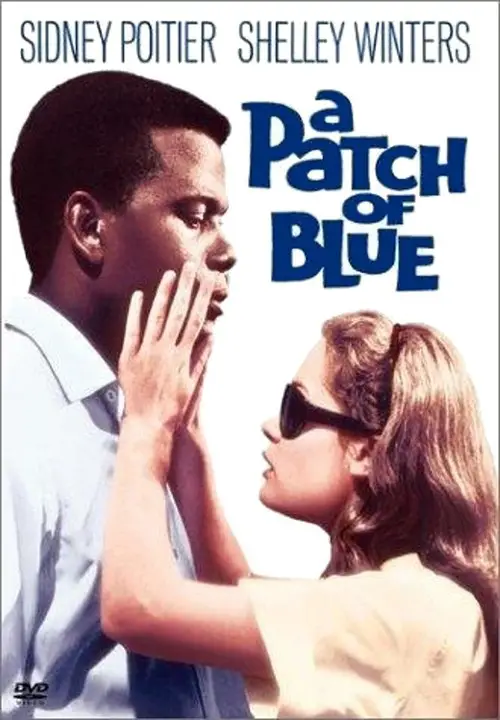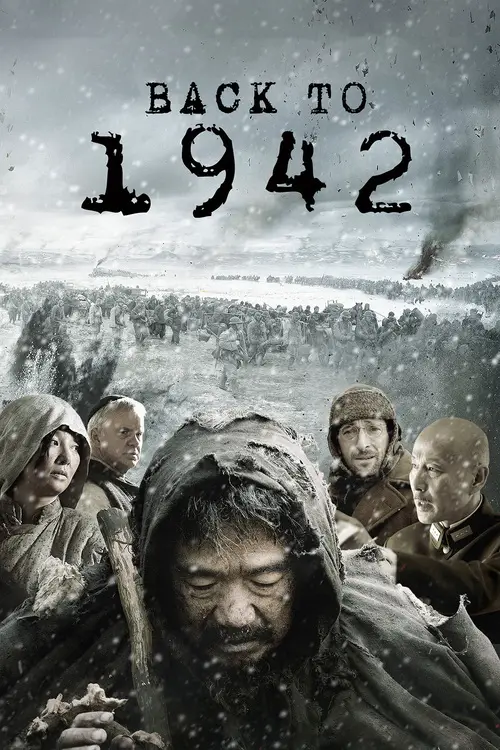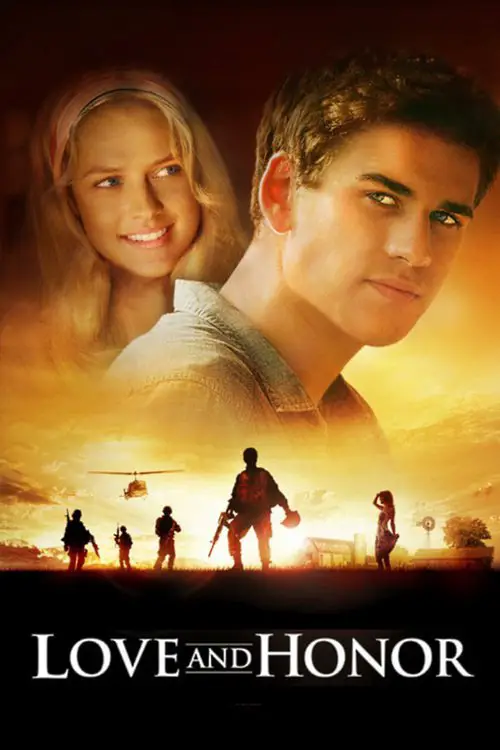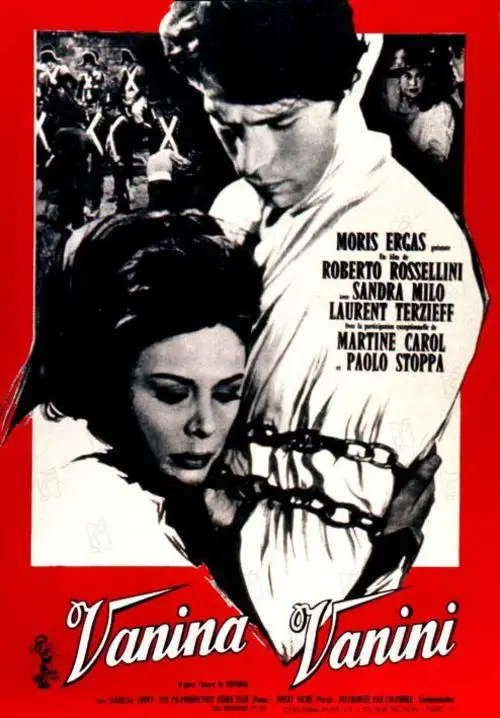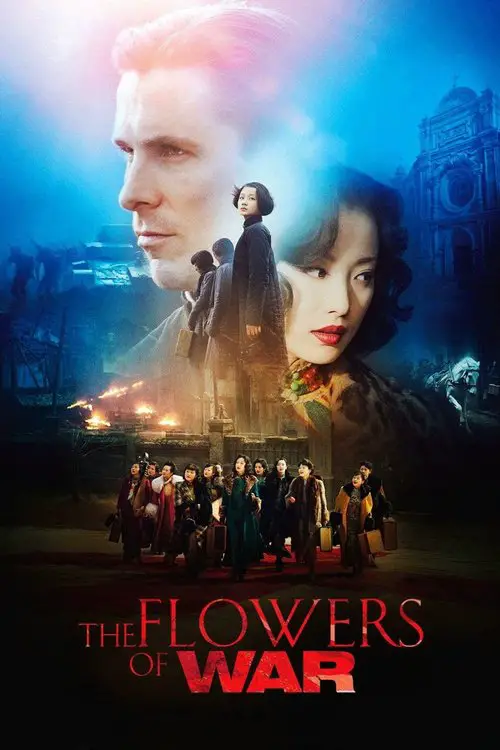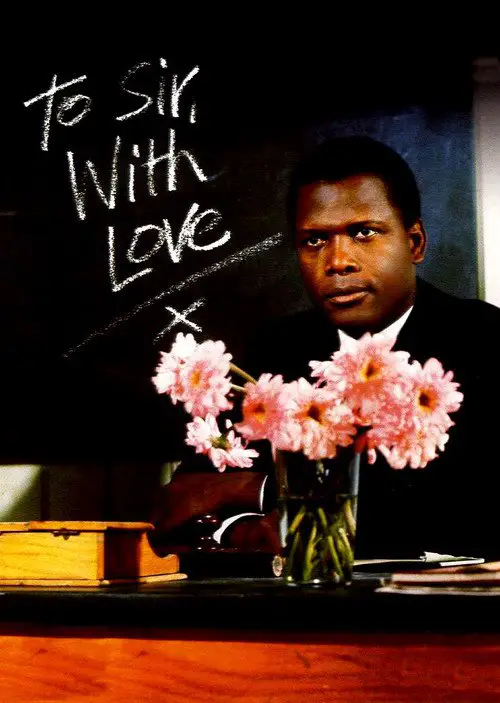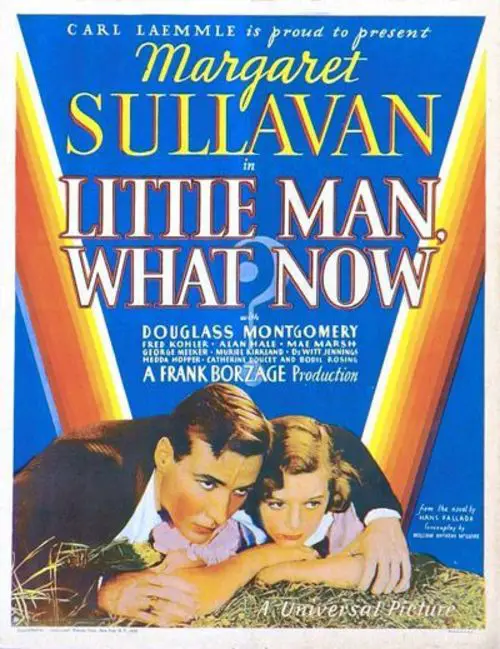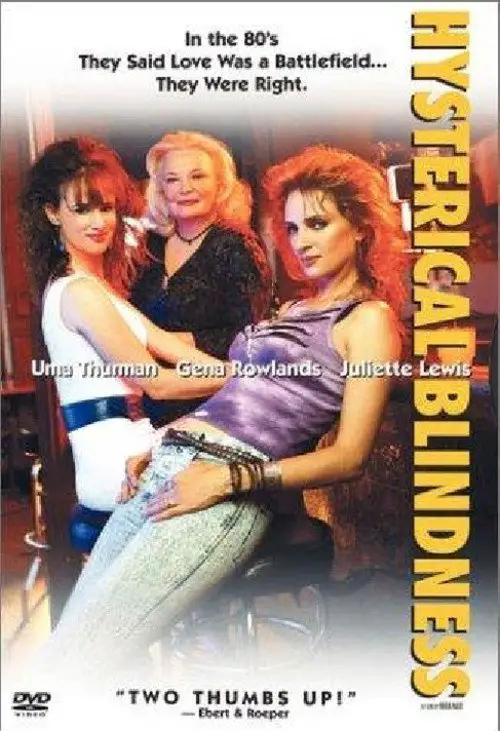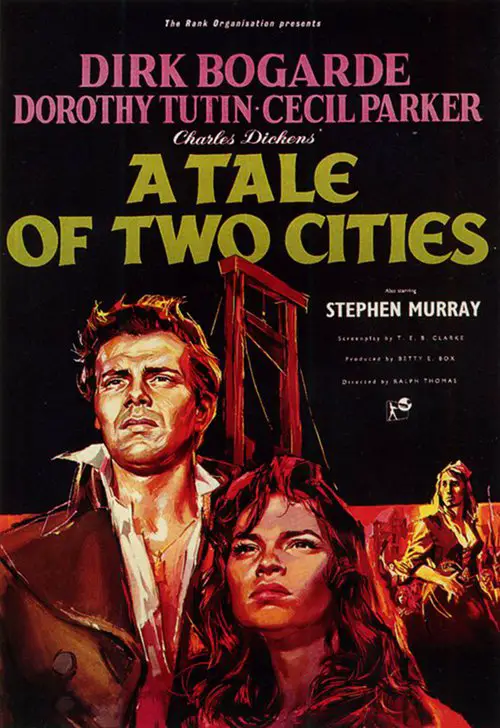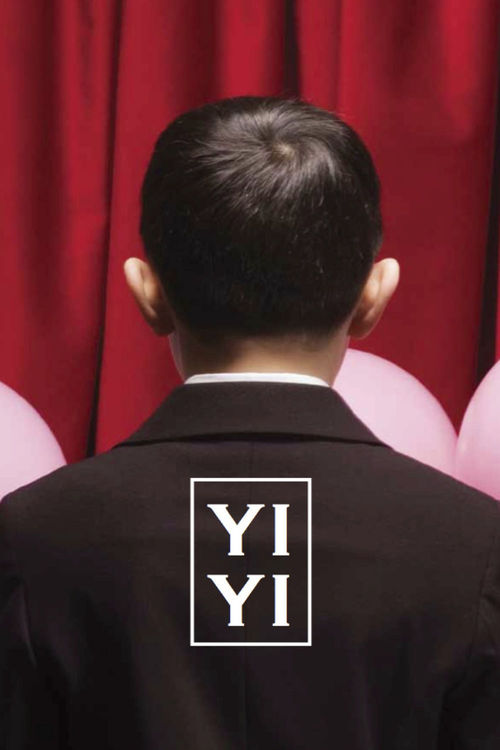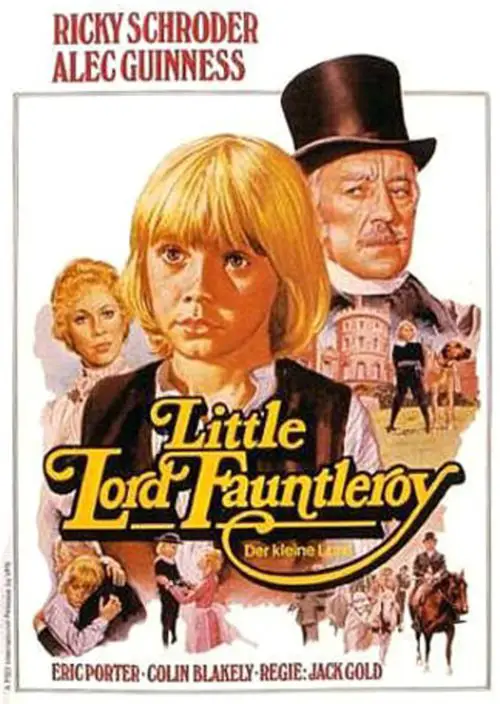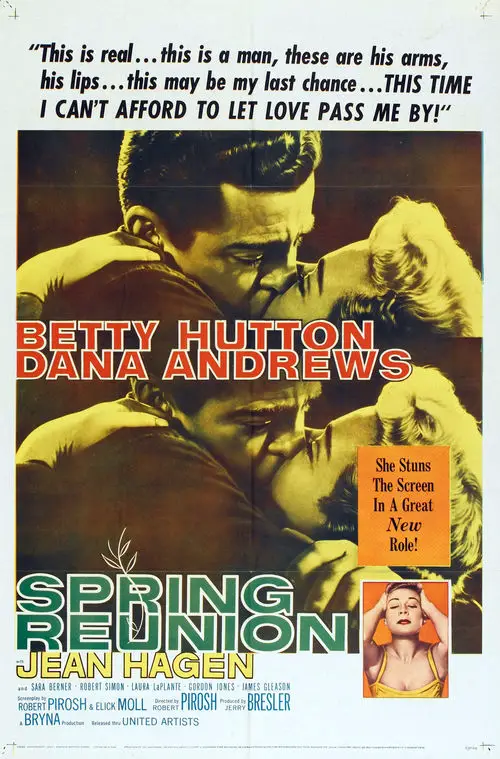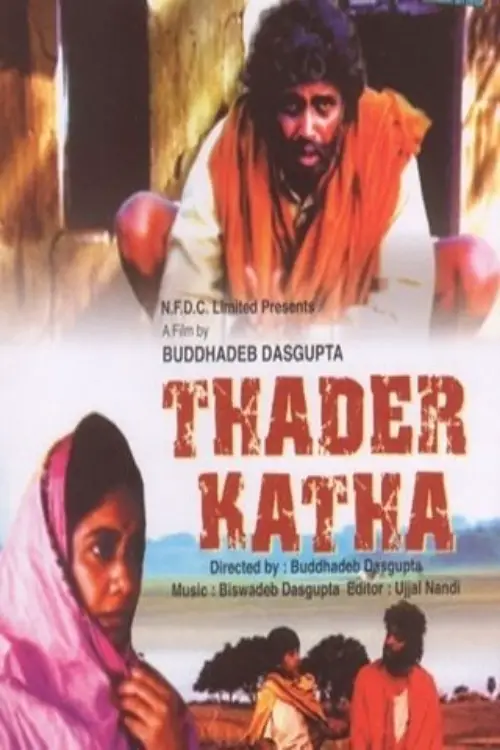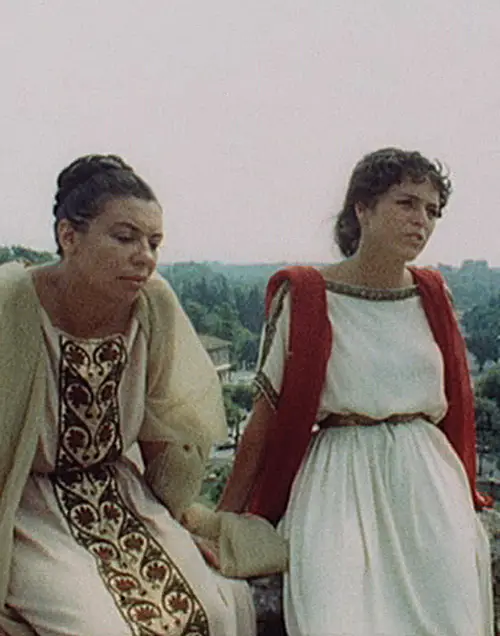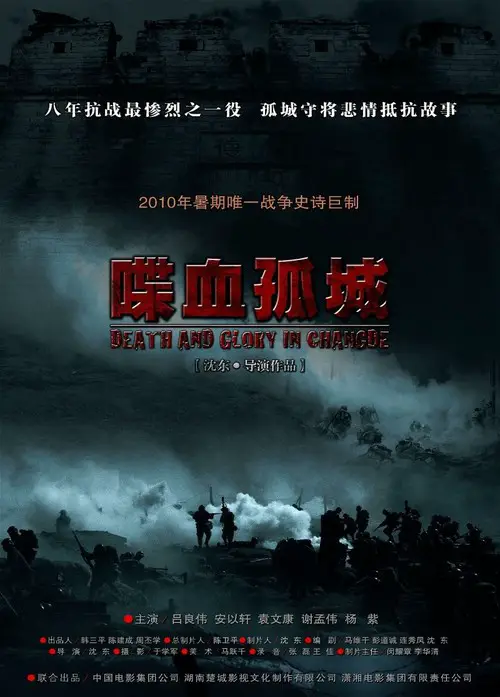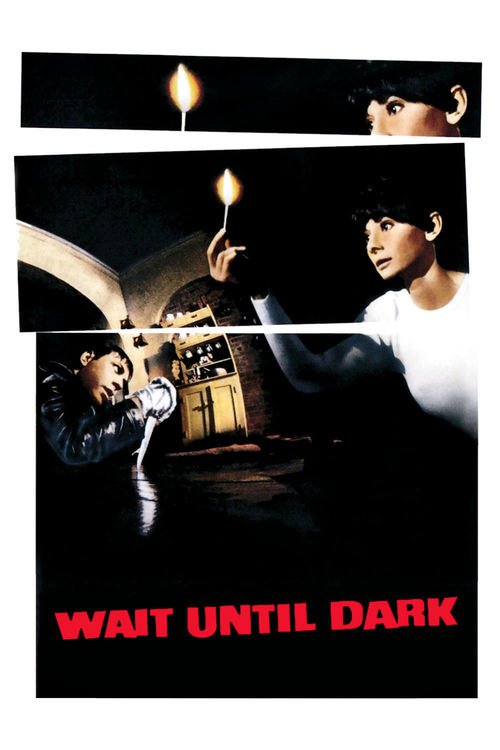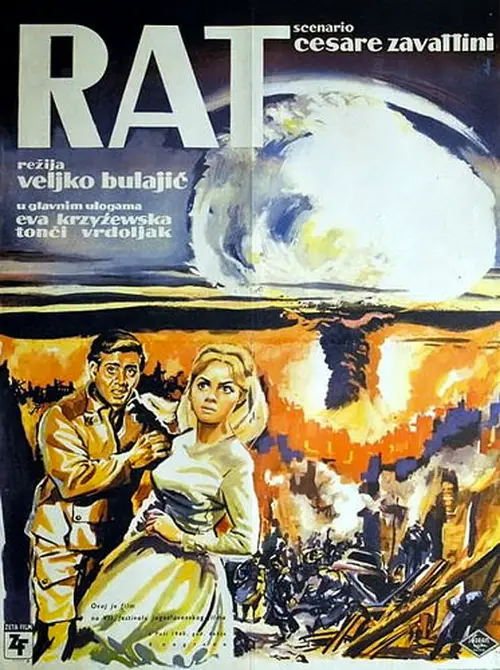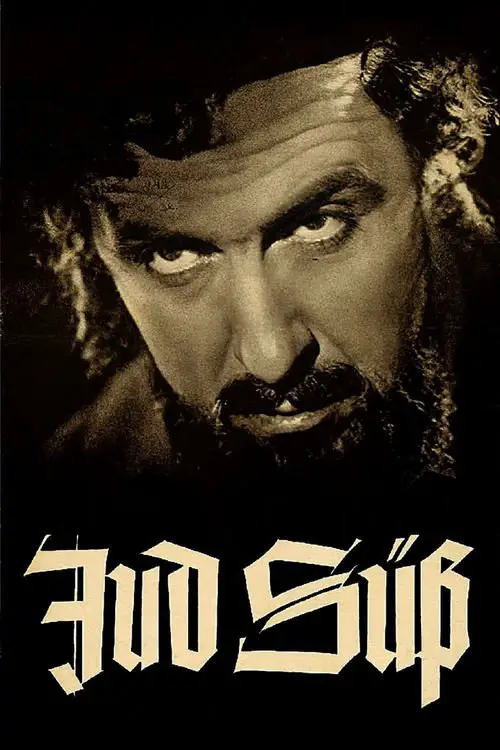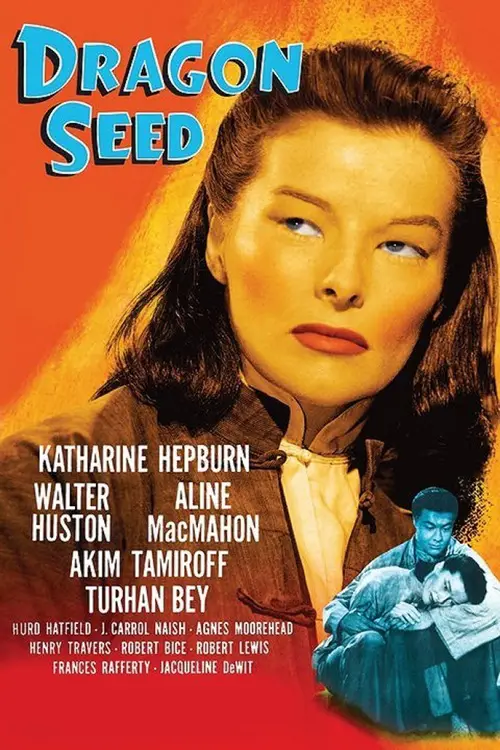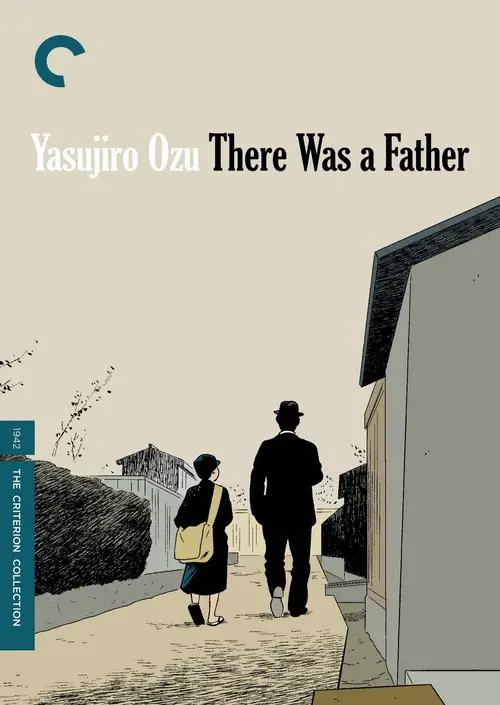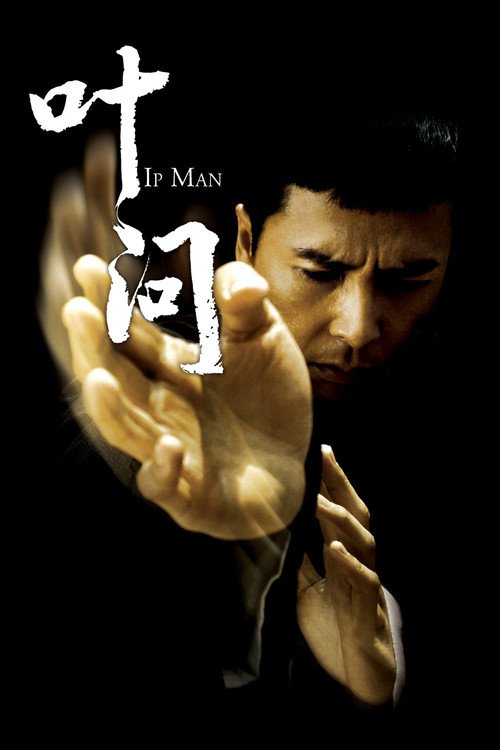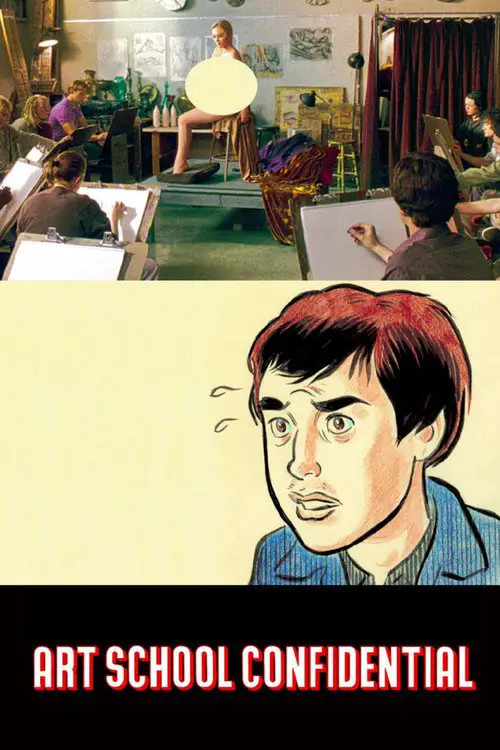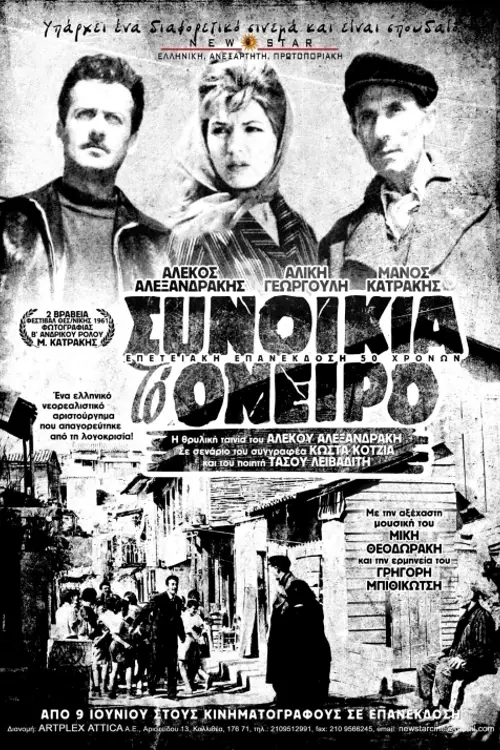Twenty-Four Eyes (1954)
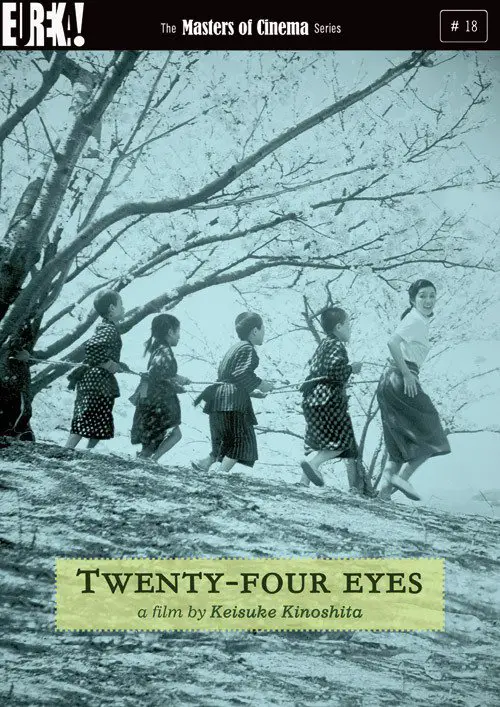
Similar movies
Born on a sharecropping plantation in Northern Florida, Ray Charles went blind at seven. Inspired by a fiercely independent mom who insisted he make his own way, He found his calling and his gift behind a piano keyboard. Touring across the Southern musical circuit, the soulful singer gained a reputation and then exploded with worldwide fame when he pioneered couping gospel and country together.
During World War I, commanding officer General Broulard (Adolphe Menjou) orders his subordinate, General Mireau (George Macready), to attack a German trench position, offering a promotion as an incentive. Though the mission is foolhardy to the point of suicide, Mireau commands his own subordinate, Colonel Dax (Kirk Douglas), to plan the attack. When it ends in disaster, General Mireau demands the court-martial of three random soldiers in order to save face.
A man with a low IQ has accomplished great things in his life and been present during significant historic events - in each case, far exceeding what anyone imagined he could do. Yet, despite all the things he has attained, his one true love eludes him. 'Forrest Gump' is the story of a man who rose above his challenges, and who proved that determination, courage, and love are more important than ability.
Thursday morning, Jerusalem. Nira goes to work. Ahmad in London does the same, Ralf in Cologne and a priest in Prague too. Matija, Croat, goes to work as well. Ok, he doesn't, but he acts as if he does. Ahmad is taking his routine red bus journey. Out-of-breath young man comes in and interrupts it. Schoolteacher Nira is also interrupted - her pupil jumps out and performs a love rap song he wrote for her. The priest in Prague doesn't feel like singing today, he is in the mood for (over)sleeping instead. Someone falls asleep, someone else - Ralf - falls in love. All five mentioned above are listening to the top-news about the disappearance of bees. And trying their best, each one of them in his or her own 'hive': Zagreb, Jerusalem, London, Cologne, Prague...
City of Life and Death takes place in 1937, during the height of the Second Sino-Japanese War. The Imperial Japanese Army has just captured the then-capital of the Republic of China, Nanjing. What followed was known as the Nanking Massacre, or the Rape of Nanking, a period of several weeks wherein tens of thousands of Chinese soldiers and civilians were killed.
Keisuke Kinoshita sits easily alongside Ozu, Kurosawa and Naruse as one of Japanâs most respected legends of cinema. Made to commemorate the centenary of Kinoshitaâs birth, this biographical drama chronicles formative hardships and personal encounters to provide a rare glimpse into the life of one of Japanâs most acclaimed screen directors. Includes archival footage from 49 of the films he produced during his career at Shochiku.
As Italy becomes engulfed in a bubbling revolution to finally get rid of the ruling Austrian's,a patriotic prisoner called Cainazzo begins to wonder if he will soon get the chance to see the revolution in action away from his prison cell.Suddenly,a cannon ball comes flying through the air and knocks the main wall of the prison down. Excited in at last having the chance to see the change taking place in person,Cainazzo hits a bumpy road,when one of his former fellow prisoner yells out to all the revolutionary gangs that Cainazzo is not a patriot,but is in fact a traitor!
During the Second Sino-Japanese War, in 1940, Lieutenant Kurokawa returns home as a honored and decorated soldier but deprived of his arms and legs lost in battle. All hopes, from the villagers and women to close family members, turn to Shigeko, the Lieutenant's wife. She must honor the Emperor and the country in setting an example for all by fulfilling her duty and taking care of the 'god soldier'. Kurokawa prior to leaving to fight in the war regularly beat and berated his wife for her barrenness and inability to bring him a son. When he returns home as an amputee with no hearing and no speech, his wife dutifully attends to him, even though he shows little appreciation for her dedicated care. His main concerns are getting fed and getting sex. Even in his own degraded condition, he manages to berate his wife. Eventually, though, his own memories infiltrate and he is haunted by his horrible, sadistic deeds, performed while in the duty of the Japanese military.
Hu Te et al. escape the burning Shaolin temple after the Qing soldiers destroyed it in Shaolin Temple. The group of 5 decide to develop secret codes to identify fellow patriots, enlist those patriots and eventually meet up again to escape to the south away from the Qings, and also identify the traitor who sold out Shaolin temple. Ma Fu Yi (the traitor, played by Wang Lung Wei), joins the Qing top fighters to eliminate the rebels but is exposed by Ma Chao-Tsing who gets captured by Ma Fu Yi. Hu meets up with a group of Shaolin men secretly posing as bandits to rescue Ma as their leader is killed in the process, thus the bandits join the rest of the Shaolin patriots.
It's almost graduation day for high school seniors Troy, Gabriella, Sharpay, Chad, Ryan and Taylor â and the thought of heading off in separate directions after leaving East High has these Wildcats thinking they need to do something they'll remember forever. Together with the rest of the Wildcats, they stage a spring musical reflecting their hopes and fears about the future and their unforgettable experiences growing up together. But with graduation approaching and college plans in question, what will become of the dreams, romances, and friendships of East High's senior Wildcats?
When transplanted Texan Bob Seton arrives in Lawrence, Kansas he finds much to like about the place, especially Mary McCloud, daughter of the local banker. Politics is in the air however. It's just prior to the civil war and there is already a sharp division in the Territory as to whether it will remain slave-free. When he gets the opportunity to run for marshal, Seton finds himself running against the respected local schoolteacher, William Cantrell. Not is what it seems however. While acting as the upstanding citizen in public, Cantrell is dangerously ambitious and is prepared to do anything to make his mark, and his fortune, on the Territory. When he loses the race for marshal, he forms a group of raiders who run guns into the territory and rob and terrorize settlers throughout the territory. Eventually donning Confederate uniforms, it is left to Seton and the good citizens of Lawrence to face Cantrell and his raiders in one final clash.
Mouchette is a young teenager living in the tough country. Her mother is about to die, and her father does not take care of her. Mouchette remains silent in the face of the humiliations she undergoes. One night in the woods, she meets Arsene, a poacher. He thinks he has just killed Mathieu, the rural policeman, and attempts to use Mouchette to build an alibi.
Ip Man's peaceful life in Foshan changes after Gong Yutian seeks an heir for his family in Southern China. Ip Man then meets Gong Er who challenges him for the sake of regaining her family's honor. After the Second Sino-Japanese War, Ip Man moves to Hong Kong and struggles to provide for his family. In the mean time, Gong Er chooses the path of vengeance after her father was killed by Ma San.
After proving himself on the field of battle in the French and Indian War, Benjamin Martin wants nothing more to do with such things, preferring the simple life of a farmer. But when his son Gabriel enlists in the army to defend their new nation, America, against the British, Benjamin reluctantly returns to his old life to protect his son.
The lives of three people intersect on a late bus ride that's hijacked by a suicidal political flunky. Shingo is a miserable young desk cop bucking for homicide division. Tetsu is a restroom cleaning attendant who has a mentally ill father and a penchant for mischief. And Saki is a petulant druggist/chemist who was born without an eye and keeps her disfigurement hidden behind shades. Months after the hijacking, the trio lives re-intertwine as they playfully seek revenge for their unhappy lives, until the games become deadly serious.
Black Sun: The Nanking Massacre, also called Men Behind the Sun 4, is a 1994 Hong Kong film directed by Mou Tun Fei and is in many ways considered to be a follow up to the 1987 shockumentary film, Men Behind the Sun. The movie depicts the events behind the Nanking Massacre committed by the Imperial Japanese army against Chinese citizens and refugees during the Second Sino-Japanese War. Like Men Behind the Sun, the film was both criticized and praised for its brutal portrayal of the Japanese atrocities, such as the notorious contest to kill 100 people using a sword, during the early and late stages of World War II, but at the same time was questioned over historical accuracy and violence which gave the film a more exploitation feel to it.
In 1942, Henan Province was devastated by the most tragic famine in modern Chinese history, resulting in the deaths of at least three million men, women and children. Although the primary cause of the famine was a severe drought, it was exacerbated by locusts, windstorms, earthquakes, epidemic disease and the corruption of the ruling Kuomintang government.
At KichijÅji Station, Tokyo, Taku Morisaki glimpses a familiar woman on the platform opposite boarding a train. Later, her photo falls from a shelf as he exits his apartment before flying to KÅchi Prefecture. Picking it up, he looks at it briefly before leaving. As the aeroplane takes off he narrates the events that brought her into his life...
British barrister Sydney Carton lives an insubstantial and unhappy life. He falls under the spell of Lucie Manette, but Lucie marries Charles Darnay. When Darnay goes to Paris to rescue an imprisoned family retainer, he becomes entangled in the snares of the brutal French Revolution and is himself jailed and condemned to the guillotine. But Sydney Carton, in love with a woman he cannot have, comes up with a daring plan to save her husband.
During the Japanese occupation of China, two prisoners are dumped in a peasant's home in a small town. The owner is bullied into keeping the prisoners until the next New Year, at which time they will be collected. The village leaders convene to interrogate the prisoners. The townspeople then struggle to accommodate the prisoners. One is a bellicose Japanese nationalist, the other a nervous translator. Will the townspeople manage to keep the prisoners until the New Year?
Young Cedric (Ceddie) Errol and his widowed mother (known only as "Dearest") live in genteel poverty in 1880s Brooklyn after the death of his father. Cedric's grandfather, the Earl of Dorincourt, has long ago disowned his son for marrying an American. But after the death of the Earl's remaining son, he decides to accept the little Cedric as Lord Fauntleroy, his heir.
Shibnath is released from prison after serving eleven years for assaulting a British officer. His family has now become refugees, with his homeland, following Partition, belonging to a new nation. His wife urges him to make ally with his friend Bipin who is willing to capitalize on Shibnath's legendary reputation for patriotism, by asking to accompany him in electoral campaigns. In exchange, Bipin is ready to arrange Shibnath the job of a school master. However, Shibnath remains disillusioned and mystified by the life that now lies before him away from his belovedâand irretrievably lostâhomeland.
Harbans Rai and Ranjit Rai are two wealthy businessmen who absolutely *loathe* poverty and poor people . As fate would have it , Harbans Rai's daughter Madhu falls for a poor mechanic Raja while Ranjit Rai's son Ajay romances a poor girl Kajal . When Harbans and Ranjit come to know of it they try various ways to separate the lovers.
After a flight back home, Sam Hendrix returns with a doll he innocently acquired along the way. As it turns out, the doll is actually stuffed with heroin, and a group of criminals led by the ruthless Roat has followed Hendrix back to his place to retrieve it. When Hendrix leaves for business, the crooks make their move -- and find his blind wife, Susy, alone in the apartment. Soon, a life-threatening game begins between Susy and the thugs.
This conventional post-nuclear holocaust drama from Yugoslav director Veljko Bulajic seems to be at cross purposes. On the one hand, its anti-war sentiments are clear, as well as its realistic scenarios of destruction, and on the other hand, the director and scripter Cesar Zavatini have turned the story into a satire. At the center of focus is a young couple who were getting married when the atomic bombs changed the face of the planet, and through the couple's own dilemma the greater picture is glimpsed. Assisting Eva Krizevska, Anton Vrdoljak, Zlatko Madunic, and other actors is President Marshal Tito's army.
In this notorious Nazi propaganda historical costume melodrama, a conniving, ambitious Jewish businessman, Süà Oppenheimer, snares a post as treasurer to the Duke of Wurttemburg by showering the corrupt duke with treasure and promises of even greater riches. As the Jew's schemes grow more elaborate and his actions more brazen, the dukedom nearly erupts into civil war. Persuaded by the Jew, the Duke all but scuttles the constitution and alienates the assembly by lifting the local ban on Jews in Stuttgart. In a final outrage, the Jew rapes a wholesome German girl and tortures her father and fiancée. When the Duke succumbs to a sudden heart attack, the assembly of Elders try the Jew and sentence him to death for having "carnal knowledge of a Christian woman".
In 1950, long after the world has finished fighting World War II, a fight continues behind the newly drawn Iron Curtain: as the Ukrainians keep fighting both Nazi and Soviet abuses, General Roman Shukhevych (Hryhoriy Hladiy) is forced by brutal circumstances and his own sense of honor and duty to lead this effort as an underground war. As portrayed by the film, Shukhevych is a genteel family man who is also a complex character (revolted by ethnic discrimination, a music lover and a military genius) that with his charisma fuels his countrymen with desire for freedom. In the end, Shukhevych's efforts are unable to defeat the Soviets despite paying for his resistance with his life, but they re-enforce Ukrainian patriotism as an underground force until Ukraine finally recovers its freedom from Soviet tyranny.
Directed by Jack Conway and Harold S. Bucquet, this 1944 film adaptation of Pearl Buck's novel, about a Chinese village invaded by Japanese soldiers, stars Katharine Hepburn, Walter Huston, Aline MacMahon (an Oscar nominee for Best Supporting Actress for her role), Agnes Moorehead, Turhan Bey, J. Carrol Naish, Hurd Hatfield, Frances Rafferty, Henry Travers and Akim Tamiroff.
A semi-biographical account of Yip Man, the first martial arts master to teach the Chinese martial art of Wing Chun. The film focuses on events surrounding Ip that took place in the city of Foshan between the 1930s to 1940s during the Second Sino-Japanese War. Directed by Wilson Yip, the film stars Donnie Yen in the lead role, and features fight choreography by Sammo Hung.
The poor Athenian neighborhood of Asyrmatos is the center of the world for the people who live there and who are trying to escape from poverty and deprivation. Rikos, a young man recently released from prison, is trying to make some money, while his girlfriend is seeing other men, and her brother is trying to contribute to the householdâs finances. This neo-realist film features an excellent cast and made an impact when it was shown because of Alekos Alexandrakisâ sensitive directing and the filmâs powerful social messages.
© Valossa 2015–2026
| Privacy Policy


